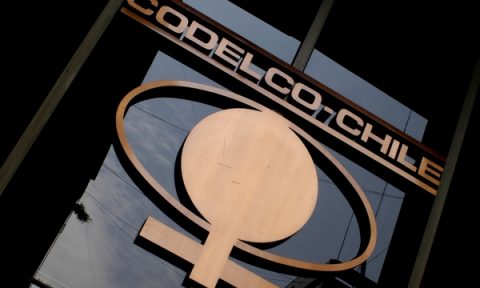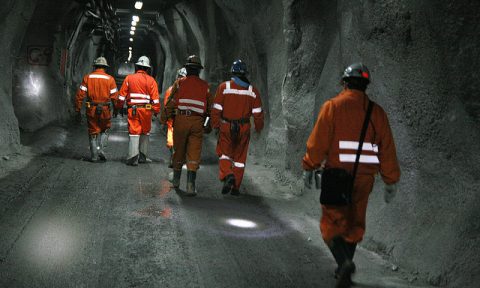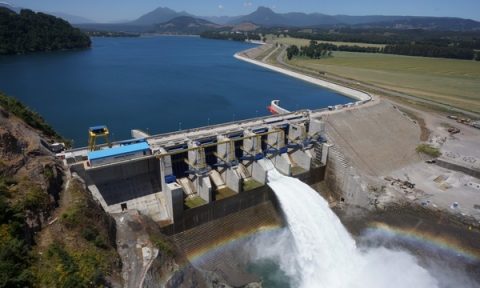Brazil would raise mining royalties as part of a new industry code
The country is the second largest iron ore producer in the world and today has a royalty of 2% on the net income, which would change to 4% of gross income
The government of President Dilma Rousseff in Brazil, is looking to raise the royalty on mining. In fact, according to the Ministry of Mining and Energy of the country, the announcement would be made today as part of a new mining code of the country.
The new framework aims to modernize the rules of the industry, dating back to the ’60s, should establish a mining royalty increase and deadlines for rights holders in the fields of exploration and production start. The new code would raise the royalty for iron ore to 4% from 2%, and will be charged on the gross incomes and not the net as it is today, said in late May, the Minister of Mines and Energy of Brazil , Edison Lobao, in an interview with Reuters. Brazil is the second largest iron ore producer in the world, the main ingredient of steel, with a total of 17% of world production and has the fifth largest reserves of this mineral globally. In addition, virtually all 26 states of that country perform mining activities.
“The mining royalty is quite low, almost ridiculously low compared to oil,” said the governor of the state of Minas Gerais (one of the states with the largest mineral deposits), Antonio Anastasia in an interview with Bloomberg, referring to taxes up to 40% charged to oil projects. “Raising rates from 2% to 4% as discussed not feed anyone’s greed,” he said. Brazil has been debated at least since 2008, including increased royalties reviews to mining projects. The delay hangs on companies such as Vale, the largest iron ore producer in the world, and threatens to delay the investments needed to underpin economic growth, said Anastasia.
The Mining and Energy Brazilian Minister also said in May that the government was studying to share the mining royalties with non-producing states in the new mining code to be sent to Congress. “Congress is eager to vote on it because every state has some type of mineral and wants to be approved,” Lobao said.
Support in Congress
President Dilma Rousseff would have enough support to pass this bill in Congress, according to some. In an interview with Dow Jones Newswires in May, the president of mining and energy committee of the lower house, Eduardo da Fonte, said lawmakers hoped that the reform is fully approved in both chambers by the end of the year.
Since 2000, the growing demand for minerals, especially due to the high rate of global growth has boosted mineral production in Brazil, growing 550% in the last decade, reaching a total production of $ 51 billion in 2011. It is estimated that Brazil’s mineral production will grow between 2% and 5% annually over the next two years, according to the Brazilian Mining Institute.
Source: Pulso












